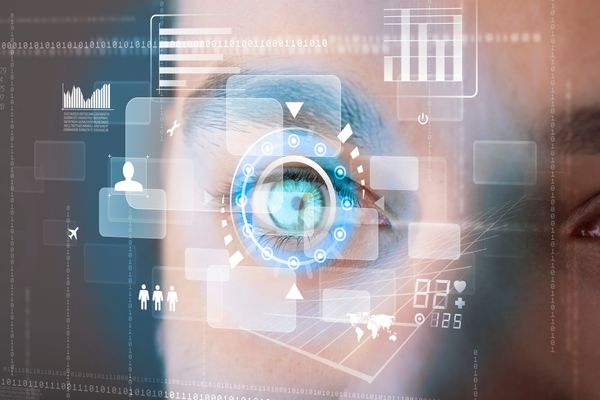If you ask most people if they think they have a right to privacy, most will say "yes." Your business is your business -- and no one else's. The stakes are raised, however, when it governments or companies attempt to access someone's private information. We all have an instinctive reaction to this: Governments and companies shouldn't be able to learn, publish or profit from things like health care records or voice mail messages.
A gut reaction doesn't stand up in a court of law, of course. The legal definition of privacy is a lot more complicated when we're just talking about the living, but what privacy rights do dead people have? The easiest way to figure out what kind of privacy rights the deceased have is to learn about the privacy rights of living people, and then see if those rights continue after death.
Advertisement
Does the U.S. Constitution provide some explicit right to privacy? In fact, the right to privacy isn't specifically mentioned in the Constitution or in the Bill of Rights. However, in various decisions over the years, the Supreme Court has interpreted the Constitution as a document that provides a right to privacy . These decisions rely on three Constitutional amendments: the Fourth Amendment, which forbids unlawful search and seizure; the Ninth Amendment, which essentially says that Americans may have other rights that aren't expressly named on the Constitution; and the Fourteenth Amendment, which says that the government may not deprive people of life, liberty or property. (In this case, privacy is considered an essential aspect of liberty.)
This right to privacy is a concept that the Supreme Court determines on a case-by-case basis. Just to name a few examples, the Court has decided that the government has limited control over parents' educational choices for their children (Meyer v. Nebraska, 1923), and that it can't forbid the sale of contraceptives (Griswold v. Connecticut, 1965) or private sexual acts between consenting adults (Lawrence v. Texas, 2003). These were all based on the concept of a right to privacy.
For specifics on privacy rights, however, we need to look at legislation. The Federal Privacy Act of 1974 gives Americans broad privacy protections, and government agencies very limited means to disseminate information contained in government databases. In other words, the government can't share whatever it knows about you without your permission. The act has been amended over the years, but its core premise remains intact.
The Health Insurance Portability and Accountability Act (HIPAA) of 1996 is another landmark law that protects privacy. It sharply limits how medical care providers and insurers can share a person's medical information. HIPAA is one reason why you have to sign a lot of paperwork whenever you see a new doctor.
We know what privacy rights living people have, but what happens after you die? Read on.
Advertisement




